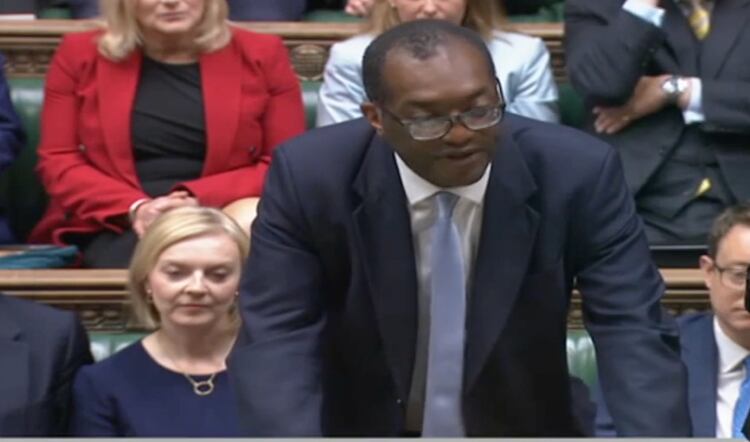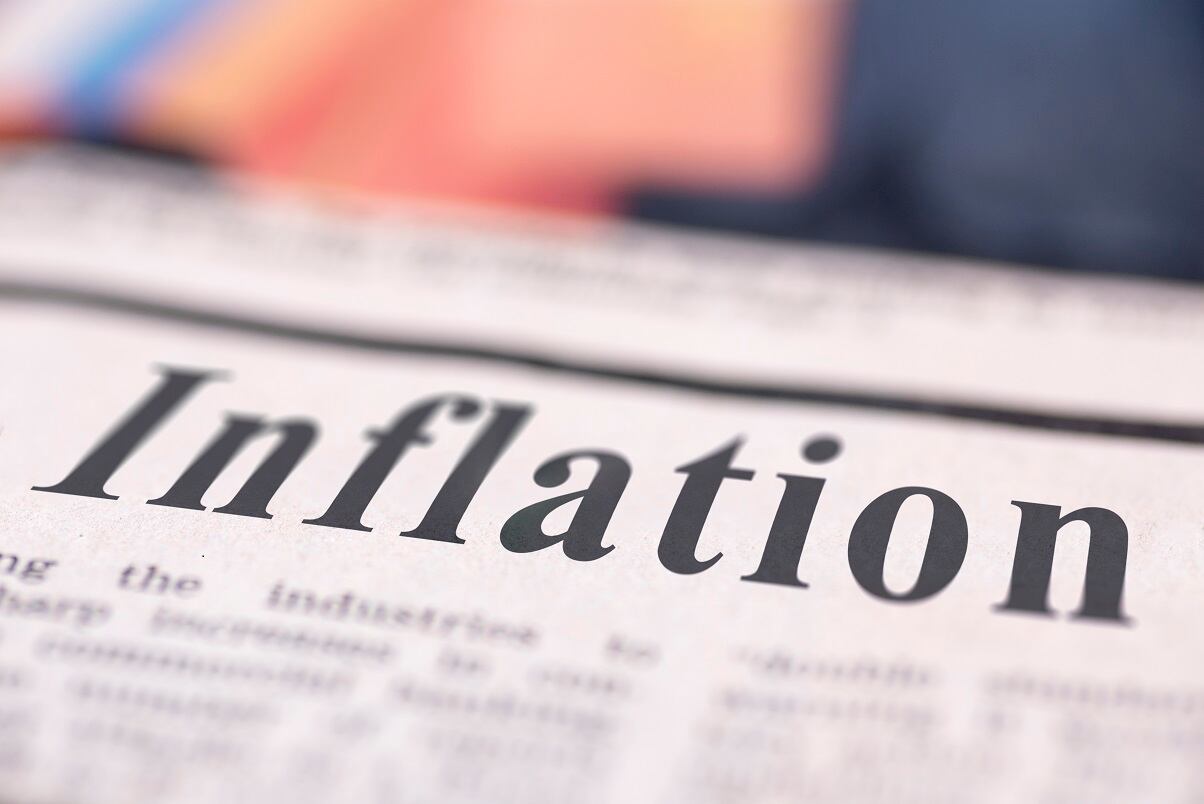Chancellor Kwasi Kwarteng unveiled the mini-Budget on Friday, 23rd September which unveiled a raft of tax cuts which he said would help boost growth.
He also announced supply-side reforms which are at the centre of the government’s Growth Plan and represent plans towards achieving 2.5% trend growth in GDP.
The Government said this will include agricultural productivity growth and it would set out its plan for this later this Autumn. It said it would rapidly review frameworks for regulation, innovation, and investment that impact farmers and land managers in England.
This plan is to ensure government and industry are working together to strengthen UK food security, and maximise the long-term productivity, resilience, competitiveness, and environmental stewardship of the British countryside.
Kwarteng also revealed that planned increases on duty rates would be axed on wine, beer, cider and spirits and there would be an 18-month transitional measure for wine duty. The Government also said it would extend draught relief to cover smaller kegs of 20 litres and above to help smaller brewers.
Chancellor of the Exchequer, Kwasi Kwarteng, said: “Economic growth isn’t some academic term with no connection to the real world. It means more jobs, higher pay and more money to fund public services, like schools and the NHS.
“This will not happen overnight but the tax cuts and reforms I’ve announced today – the biggest package in generations – send a clear signal that growth is our priority.”
Industry response
The industry has responded to the budget.
The Food and Drink Federation chief executive Karen Betts said: “Our industry welcomes the range of measures set out in the Chancellor’s mini-budget today – from the cancellation of the planned rise in corporation tax to a higher annual investment allowance and the creation of new investment zones. The Chancellor’s proposals will help our sector to focus on growth, investment and competitiveness, and to stimulate opportunities at food and drink manufacturing sites in every town, city, region and nation of the UK.
“If these measures are combined with the simplification of regulation in our sector, or deregulation where that’s needed, then this change in the direction of economic policy will create real opportunities. However, it’s not yet clear to us if the government will be willing to look at some of the costly and burdensome regulation in our sector with a genuinely critical and deregulatory eye.”
While Rupert Ashby ceo of the British Frozen Food Federation welcomed the moves but called for more help on a range of issues.
“At a time when our members are facing multiple challenges with increasing energy costs, rising wages, labour shortages and soaring ingredient prices, any action that reduces costs is welcome. Reversing the 1.25% rise in National Insurance and keeping corporation tax at 19% will take some of the pressure off our members,” he said.
“However, many challenges remain and we would like to see action to ease labour movement regulations, permanently suspend proposed checks on EU goods entering the UK and the reintroduction of the red diesel rebate for auxiliary engines used to power transport food refrigeration units. We will be actively engaging ministers and officials and asking them to engage directly with the industry to ensure they understand the pressure our members are under.”
Helen Dickinson OBE, chief executive of the British Retail Consortium, said that retailer were still facing immense cost pressures, not just from energy bills, but also a weak pound, rising commodity prices, high transport costs, a tight labour market and the cumulative burden of government-imposed costs.
“Yet what was missing from today’s announcement, was any mention of business rates, which are set to jump by 10% next April, inflicting another £800m in unaffordable tax rises on already squeezed retailers,” she said.
Drinks sector response
The drinks sector welcomed the Government plans to freeze alcohol duty.
Emma McClarkin, chief executive of the British Beer and Pub Association said: “We welcome the steps taken by the Government in the Chancellor’s fiscal statement. The measures announced today will mean a boost of £500m for our sector, enabling growth following successive crises and allowing us to thrive in the future. Coupled with this week’s intervention on energy bills, these commitments will make a significant difference to our pubs and brewers at an acutely difficult time.
“The Chancellor’s plans show that the Government recognises how extreme the cost of doing business has become and the enormous investment our sector makes, not only in the economy, but to the social fabric of communities across the breadth of the UK and why it must be protected. We look forward to the continued reduction of taxation on the sector at the next Budget - the need for a reduced VAT rate for hospitality and business rates reliefs remain as strong as ever. “
The Wine and Spirit Trade Association welcomed the “sensible decision” to freeze duty on wine and spirits.
“However, the Government’s response to the consultation on reviewing the way the UK taxes alcohol is a product of the Sunak era and clashes strongly with Chancellor Kwarteng’s desire to unleash the potential of the private sector and to simplify taxation,” said Miles Beale, Chief Executive of the
“We need a permanent and simple way of taxing wine, the UK’s most popular alcoholic drink. An 18-month transitional period fails to do this and it is not available to all wines.”
While Scotch Whisky Association chief executive Mark Kent said:
“On behalf of the SWA’s members, I want to thank the government for listening to the concerns of the industry and taking action to Support Scotch. The duty freeze will not only support our sector, but the hospitality industry and the wider economy.
“Further action will be needed to bring down the 70% tax burden on Scotch Whisky in the UK, which remains the highest in the G7 and one of the highest in the world. We look forward to working with the new HM Treasury team to ensure Scotch Whisky can deliver investment, employment and growth in Scotland and across our supply chain.”
While Roy Allkin, SIBA chairman welcomed the news to help smaller brewers.
"Small independent brewers will be cheering the new Chancellor today with the announcement that he’s listened to our concerns and included the 20 and 30 litre containers used by independent brewers in the new draught duty,” he said.
“Delaying the introduction of the draught duty rate until next summer, as opposed to February as originally planned will however come as a disappointment to many small brewers who have already factored these changes into their business plans for next year.”




